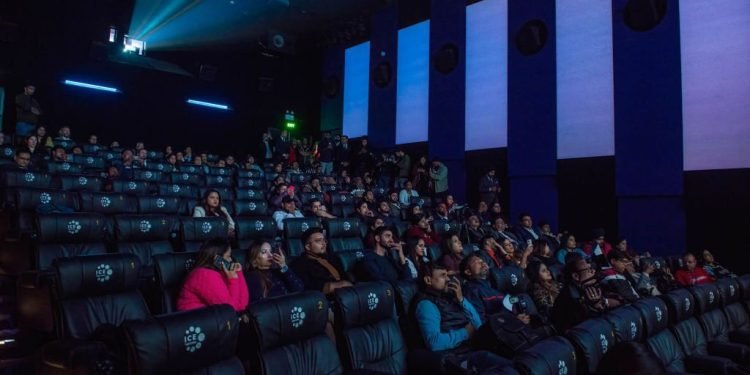After just one season, Netflix has canceled the comedic series “Blockbuster.”
On November 3, the 10-episode show’s lone season premiered. The program had a single camera and focused on the staff of the final Blockbuster Video around the globe.
Randall Park, Melissa Fumero, Olga Merediz, Tyler Alvarez, Madeline Arthur, JB Smoove, Kamala Fairburn, Leonard Robinson, and Keegan Connor Tracy were among the actors who starred in the series. The show’s creator and executive producer was Vanessa Ramos. In addition, Jackie Clarke and David Caspe worked as executive producers and writers. Through Davis Entertainment, John Davis and John Fox served as executive producers. The studio was called Universal Television.
The series’ termination is not entirely shocking. “Blockbuster” could not enter the Netflix Top 10 rankings in the United States during its initial run and the first week following its initial run. According to Netflix, it only made the top 10 in two nations after its release: Australia and Canada.
However, it did not receive much support from critics; according to Rotten Tomatoes, only 23% of critics gave the show a .favourable review.
What is Blockbuster?
Previously known as Blockbuster Video, Blockbuster LLC was an American company that offered home video and game rental services.
However, later alternatives included DVD-by-mail, streaming, video-on-demand, and movie theatres. Services were first primarily provided by video rental stores.
The business, once run by Blockbuster Entertainment, Inc., grew internationally throughout the 1990s. At its height in 2004, Blockbuster had 9,094 locations and employed about 84,300 employees, 58,500 of whom were based in the US and 25,800 abroad.
Blockbuster’s decline was mostly attributed to poor management, the effects of the Great Recession, and increased opposition from Netflix’s mail-order business, video-on-demand, and Redbox automated kiosks.
The business had a large loss of revenue in the late 2000s, and in 2010, it sought bankruptcy protection. By the end of the following year, Dish Network had acquired all 1,700 of its remaining locations, and by 2014, the final 300 company-owned outlets had been shut down. Dish kept a small number of franchise agreements despite corporate sponsorship for the brand coming to an end, allowing some independently held franchisees to continue operating. Only one franchised store in Bend, Oregon, United States, remains operational after several further closures in 2019.








